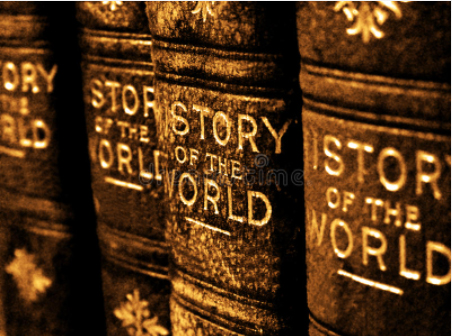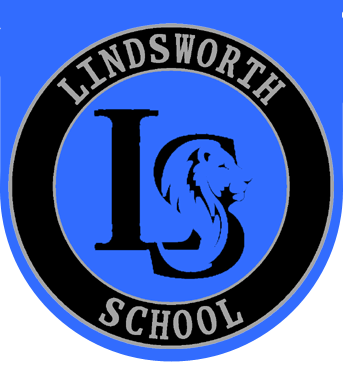KS3 History

‘Those who don’t know history are destined to repeat it’
People who study history are fearless explorers of the past. Through history pupils get to investigate past politics, societies, cultures, languages, health, art, education, money, conflicts and more; look at how things have developed over time and connect the dots to understand how we got where we are today.
Pupils get the chance to acquire a range of skills which are imperative for any career. Throughout the history curriculum pupils will get the chance to develop skills such as analysis, debating, problem solving, research, communication and understanding the reliability of information.
History at KS3
In Years 7, 8 and 9 pupils are introduced to skills which ensure a solid foundation for GCSE studies. Content in KS3 ranges from the Middle Ages through to American Civil Rights. Pupils will gain a thorough understanding of how the church, state and society have developed through these time periods.
Through the teaching of KS3 History at Lindsworth, we aim to develop the skills of pupils so that they:
- Know and understand the history of how people’s lives have shaped this nation and how Britain has influenced and been influenced by the wider world
- Know and understand significant aspects of the history of the wider world: the nature of ancient civilisations; the expansion and dissolution of empires; characteristic features of past non-European societies; achievements and follies of mankind
- Gain and deploy a historically grounded understanding of abstract terms such as ‘empire’, ‘civilisation’, ‘parliament’ and ‘peasantry’
- Understand historical concepts such as continuity and change, cause and consequence, similarity, difference and significance, and use them to make connections, draw contrasts, analyse trends, frame historically-valid questions and create their own structured accounts, including written narratives and analyses
- Understand the methods of historical enquiry, including how evidence is used rigorously to make historical claims, and discern how and why contrasting arguments and interpretations of the past have been constructed
- Gain historical perspective by placing their growing knowledge into different contexts, understanding the connections between local, regional, national and international history; between cultural, economic, military, political, religious and social history; and between short and long-term timescales.
